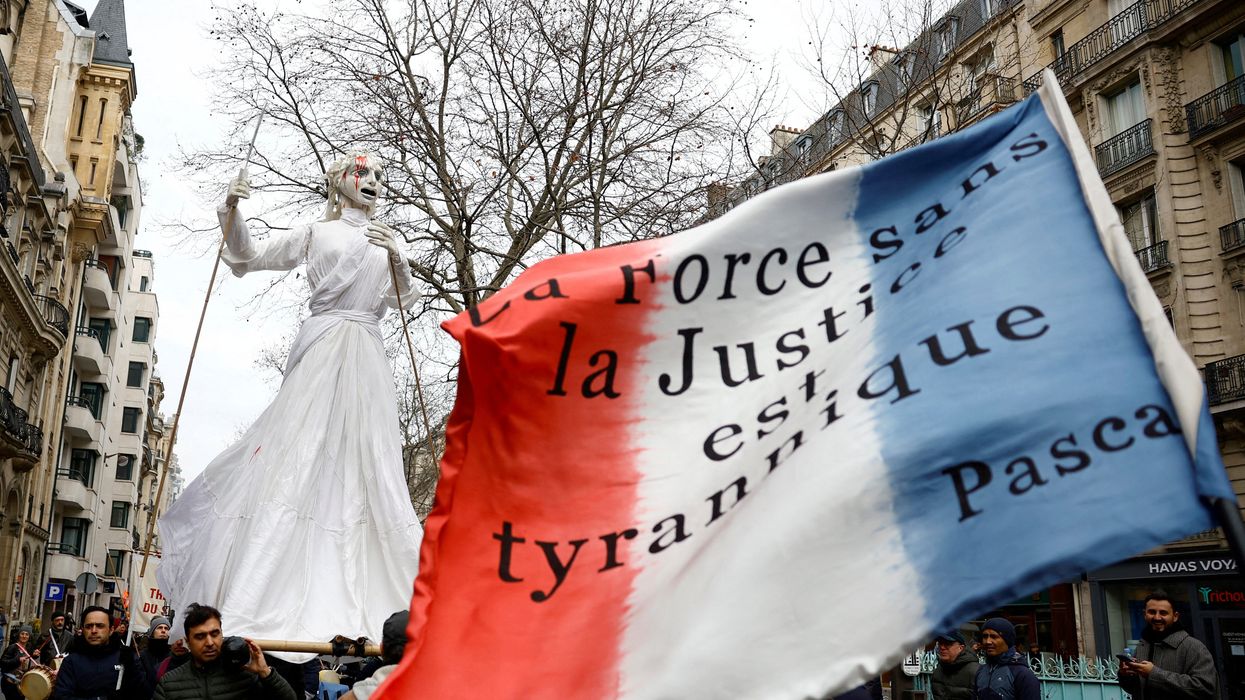News
What We’re Watching: French pension strikes, Nord Stream saboteurs, a centrist battle in the US, Canadian elections vs. China
French workers protest pension reform plan; reports point to possible pipeline perpetrators; a fight over the US political center; Trudeau to probe election meddling by China.
Mar 07, 2023

